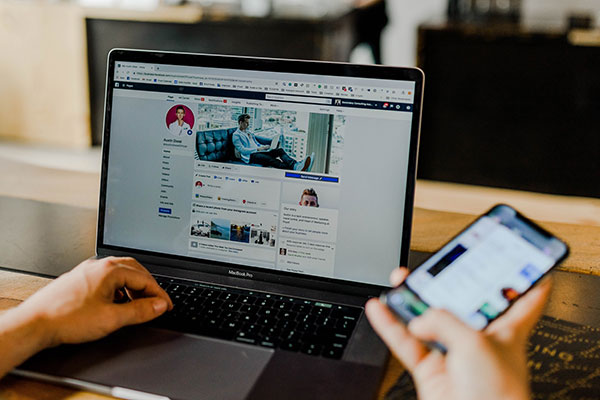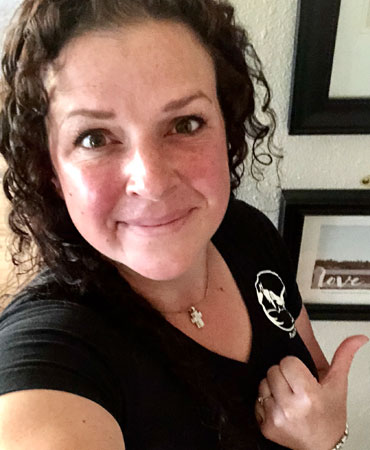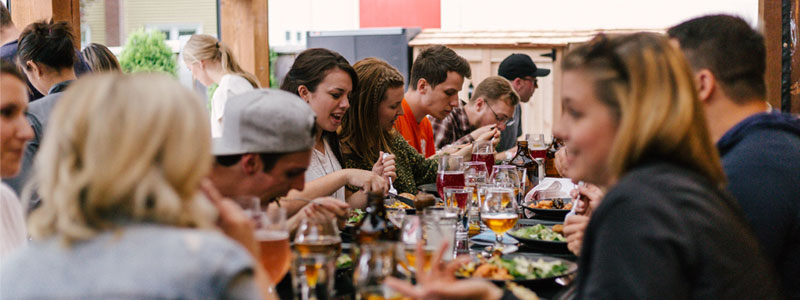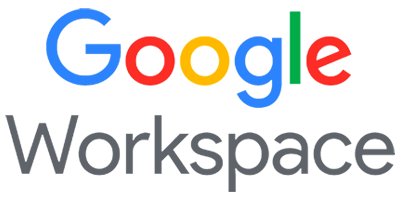If you haven’t seen Netflix’s trending documentary, The Social Dilemma, hop on it ASAP.
The Social Dilemma is a masterpiece centered around a never before gathered panel of experts who played a large part in creating many of the most addictive social media features.
The Netflix original delves into the power of the “Like” button, the specifics of algorithms for Google, Instagram, and Facebook feeds, and how the engines designed for these social sites make them so damn addicting.
The Social Dilemma explains how social media has manipulated and changed human behavior in the real world. The way the documentary is scripted is groundbreaking as well. It’s a unique hybrid of dramatizations like you might see on the History Channel combined with fascinating interviews featuring the most brilliant minds behind Google, Facebook, Twitter, and other Silicon Valley powerhouses.
The doc features an all-star cast of the Who’s Who of tech: Tristan Harris (ex-Googler), Tim Kendall (former Director of Monetization at Facebook), Sandy Parakilas (ex-Uber & Facebooker), and many more leading minds behind social. These brilliant individuals all have one thing in common; they recognize social media’s dangers because they invented it.
Social Media: Good or Evil?
Has social media generated more negativity or positivity? That’s a difficult question without a clear answer. Social media has been the catalyst for lifelong friendships, allowed direct and unfiltered communication between people worldwide, and is an obvious connector of humankind.
At the same time, mental health has declined & studies show that social media can increase feelings of loneliness, FOMO (fear of missing out), and unhealthy comparison to other people and their seemingly “perfect lives.”
The Social Dilemma takes the position of railing against social media while discussing very few of its benefits.
While there is no denying the negative aspects of social media, we would be remiss not to share how social media has benefited business, both big and small, in countless ways. 
Social media has opened up new channels of commerce and given birth to Direct-to-Consumer companies that we know & love. (Do you understand how useful 23andMe, Doordash, and Poshmark are for connectivity, convenience, and upcycling?) Social media has allowed companies in “outdated” sectors to find their feet online, use their brand’s voice in an arena they haven’t explored before, and grow their customer base.
Social media has also nurtured a new generation of entertainers, enabling creatives to embrace a platform that allows the reach of their talent to be limitless. It has allowed romantic connections to bloom that wouldn’t have happened otherwise. (Looking at you, Bumble and Hinge.) The connection and expansion of communities, ideas, and revolutionary business models are some of the undeniably positive aspects of social media’s benefit to society.
While social media obviously has pros, we have to acknowledge some nasty cons to get a full picture of the impact of social media. The big picture isn’t as pretty as that last beach pic you posted with your friends, laughing on that yacht in Greece. Many of the “whys” behind social media hide an ugly truth. The true purpose of social media engineering has everything to do with eating up as much attention & time as possible. So much so, that entire generations of youngsters (Gen Z) have accepted that social media is an unchangeable fabric that’s part of the world. Much like oxygen or water.
There’s no doubt that the major social apps have been engineered to be as addictive as possible, and have hijacked the human brain by introducing an infinite amount of new content & other habit-forming features on their platforms. If you asked the average person how many times a day they checked their social media apps, it’d probably be 1/100th of the actual amount. That’s how unconscious the behavior is.
On the other hand, social media has introduced an entirely new way of communicating that harnesses the magic of the internet. Met some travelers in a party hostel on a sandy beach in Thailand? Add them on Instagram or Facebook & you might end up friends for the rest of your lives. Created a piece of art for your favorite celebrity or actor? Share it on TikTok or Instagram, and they might give you a shout-out or even buy it from you.
Social Media Pros & Cons:
Pros
Social Media has undoubtedly changed the way the world works.
- Cut out middlemen and allow companies or individuals to speak directly to followers
- Connect people who wouldn’t be able to communicate otherwise
- Created business opportunities for EComm and DTC companies
- Instant news & information
- Increased accountability. Tough to hide anymore when anyone can record or capture what you say or do
- Creates a common ground for people across the world
- Gives people alternative settings to express themselves and connect with like-minded people
- Grants convenience and organization of more complex, everyday lives
Cons
- Addiction to refreshing (whether you’re fully aware or not)
- Often creates a faux image of people and their lives, creating issues of self-worth for some individuals by over comparison
- Our brains get used to receiving instant gratification from having attention on-demand
- The loss of real-life social connections and social skills
- Information overload
Social media is what it is. It’s how you use it and what your intent is that determines its effect on you. If we use it as a time-wasting instrument and end up comparing ourselves to others over and over again, it’s a huge negative. Using it to bring out our creativity and truly connect with others around the world? Huge positive.
Here’s how I see it. If we can learn to use social media with intent & purpose for connecting and creating, then it’s a brilliant tool capable of reaching almost any corner of this Earth. It gives us the power to spread our ideas worldwide and create a common bond across the globe, something that would be unfathomable without the internet’s social tools. Social media is powerful. There’s no disputing that.
As the cliche goes, “with great power comes great responsibility.” We must be conscious of our desires, our need for acceptance, and where we spend our time. We are responsible for our lives and what we do with them.
The social dilemma is only a life dilemma if you allow it to be.











0 Comments